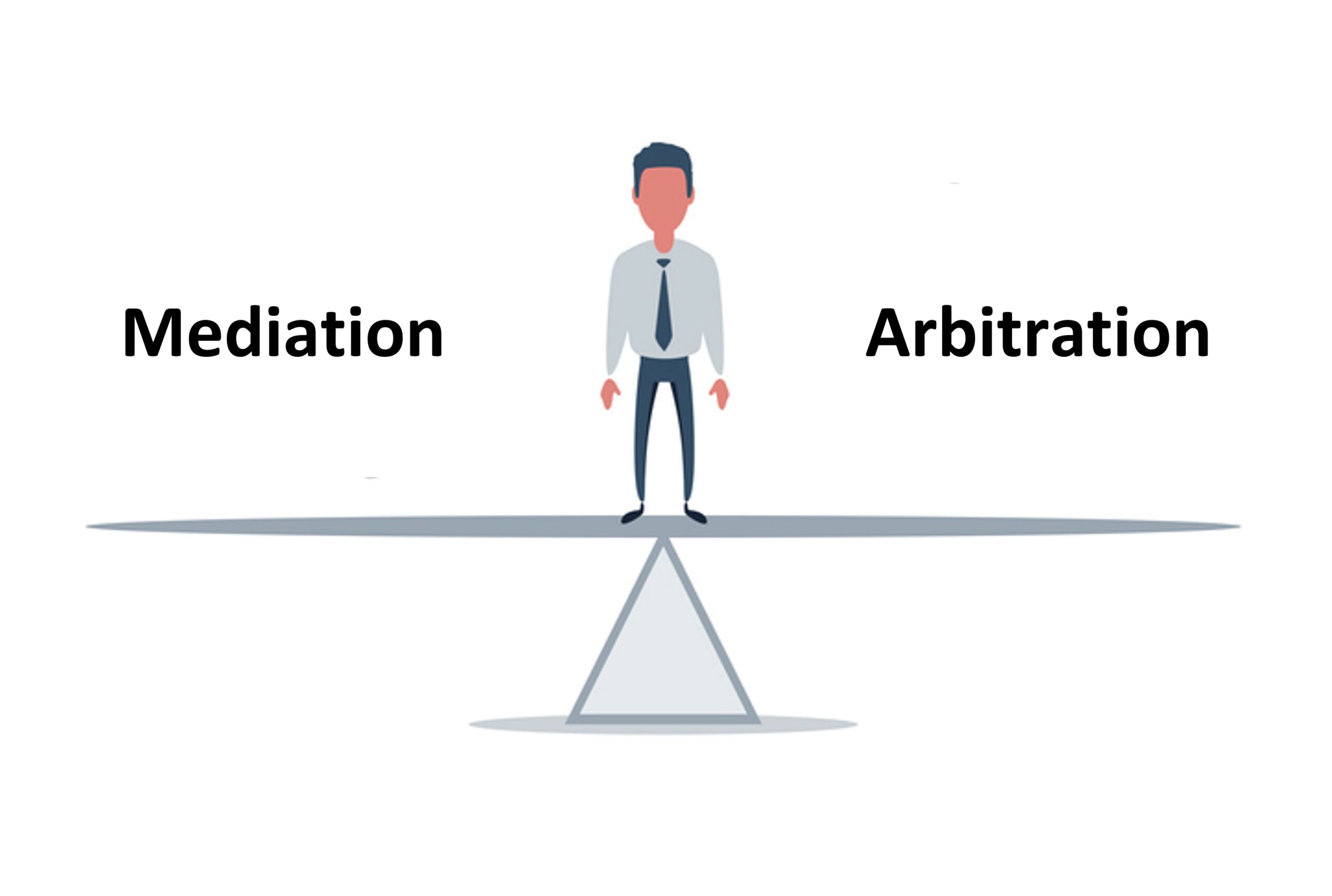
Understanding Arbitration and Mediation: Alternative Dispute Resolution Methods
Introduction
In today’s legal landscape, resolving conflicts through traditional court procedures can be time-consuming, costly, and stressful. As an alternative, arbitration and mediation have become increasingly popular methods of dispute resolution. These approaches are collectively known as alternative dispute resolution (ADR) and provide parties with more flexible, efficient ways to resolve their disagreements without having to go to court. In this article, we will explore the key differences between arbitration and mediation, the benefits of each, and how they can help you avoid the lengthy and expensive litigation process.
What is Arbitration?
https://yesouisispace.com is a formal process in which a neutral third-party (the arbitrator) hears both sides of a dispute and makes a binding decision. It is often used in business, consumer, and employment disputes, among others. The process is generally less formal than a courtroom trial, but it can still involve complex procedures and rules. The arbitrator’s decision is legally binding, meaning that the parties must adhere to the ruling, and it is difficult to appeal.
How Arbitration Works:
-
Agreement to Arbitrate
Both parties must agree to resolve the dispute through arbitration, often as stipulated in a contract or during the dispute resolution process. -
Selection of an Arbitrator
The parties usually select a neutral arbitrator or a panel of arbitrators with expertise in the subject matter of the dispute. -
The Hearing
Each party presents evidence and arguments to the arbitrator, similar to a trial. However, the process is typically less formal than a courtroom proceeding. -
Decision
After reviewing the evidence and hearing arguments, the arbitrator issues a decision, which is binding and enforceable in court.
Benefits of Arbitration:
-
Faster Resolution: Arbitration is generally faster than going through the court system. The process is streamlined and usually takes less time to conclude.
-
Confidentiality: Arbitration hearings are private, and the details of the dispute and the decision are not made public, unlike court cases.
-
Expert Arbitrators: Parties can choose an arbitrator with expertise in the subject matter of the dispute, ensuring a knowledgeable decision-maker.
-
Cost-Effective: Arbitration is often less expensive than litigation due to reduced legal fees and faster resolution times.
Drawbacks of Arbitration:
-
Binding Decision: Once the arbitrator makes a decision, it is typically final and difficult to appeal, even if one party is unhappy with the outcome.
-
Limited Discovery: The process of gathering evidence (discovery) is more limited than in court, which may not always be ideal for complex cases.
What is Mediation?
Mediation is a voluntary, non-binding process where a neutral third-party mediator facilitates communication between disputing parties to help them reach a mutually agreeable resolution. Unlike arbitration, the mediator does not make decisions or impose solutions on the parties. Instead, the mediator works with both sides to encourage cooperation and facilitate negotiation. Mediation is often used in family law disputes, employment disagreements, and contractual disputes.
How Mediation Works:
-
Voluntary Participation
Both parties must agree to participate in mediation, although the process is often mandated by a court before proceeding with litigation. -
Selection of a Mediator
A neutral mediator is chosen, usually a professional with experience in the relevant field or subject matter of the dispute. -
Mediation Session
In a private setting, the mediator listens to each party’s concerns, facilitates discussions, and helps the parties explore possible solutions. -
Resolution
The mediator helps the parties reach a compromise or settlement. If an agreement is reached, it can be formalized in writing, though it is not legally binding unless both parties agree to a binding settlement.
Benefits of Mediation:
-
Control Over the Outcome: The parties retain control over the resolution. If an agreement is reached, it is because both sides were able to come to terms voluntarily.
-
Preservation of Relationships: Mediation encourages cooperative negotiation, making it a good choice for resolving disputes where the parties have an ongoing relationship (e.g., family or business partnerships).
-
Cost-Effective: Mediation is generally less expensive than both arbitration and litigation due to its informal nature and quicker resolution.
-
Flexibility: The process is more flexible and less structured than arbitration, allowing for creative and customized solutions tailored to the needs of the parties.
Drawbacks of Mediation:
-
Non-Binding: The mediator does not impose a binding decision, meaning that the parties are not guaranteed to reach a resolution. If mediation fails, the parties may have to proceed to arbitration or litigation.
-
Power Imbalance: If there is a significant power imbalance between the parties, mediation may not be effective in achieving a fair outcome, as one party might dominate the discussions.
When Should You Choose Arbitration or Mediation?
Both arbitration and mediation have their advantages, and choosing between them depends on the nature of your dispute and what you hope to achieve.
-
Choose Arbitration if you need a legally binding resolution and the dispute is complex or involves substantial amounts of money. Arbitration is ideal when both parties want a resolution that is enforceable in court but want to avoid the time and expense of litigation.
-
Choose Mediation if you are seeking a collaborative solution, want to preserve relationships, or wish to maintain control over the final outcome. Mediation is also the preferred choice when the parties are open to negotiation and compromise.
Conclusion
Arbitration and mediation are valuable tools for resolving disputes outside of traditional courtroom litigation. Both offer quicker, more cost-effective ways to address conflicts while maintaining a level of confidentiality and privacy. The decision between mediation and arbitration depends largely on the nature of the dispute, the willingness of the parties to compromise, and whether a binding decision is required. Regardless of which method you choose, these alternative dispute resolution options can provide a more streamlined and effective path to resolving disagreements.







